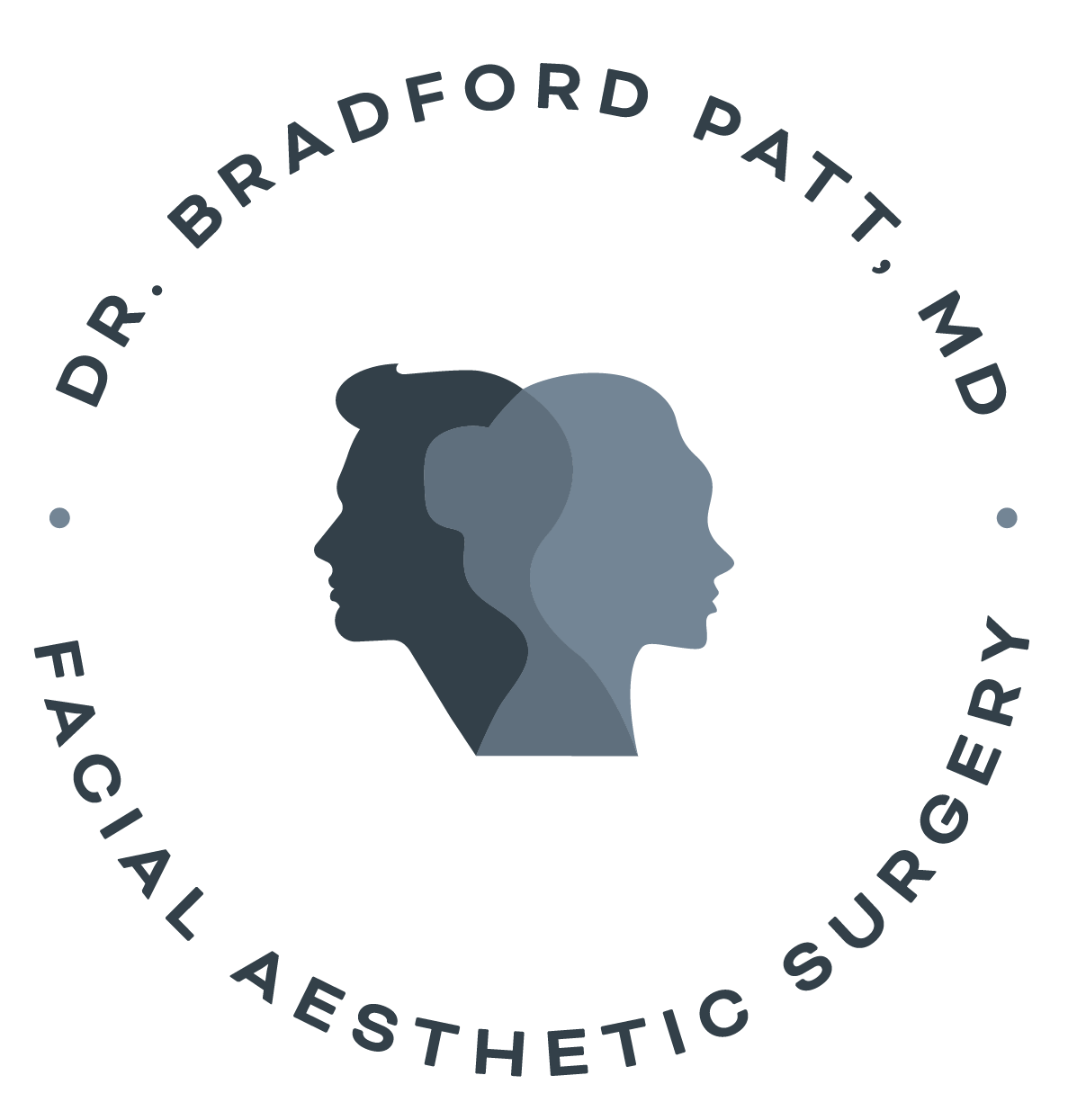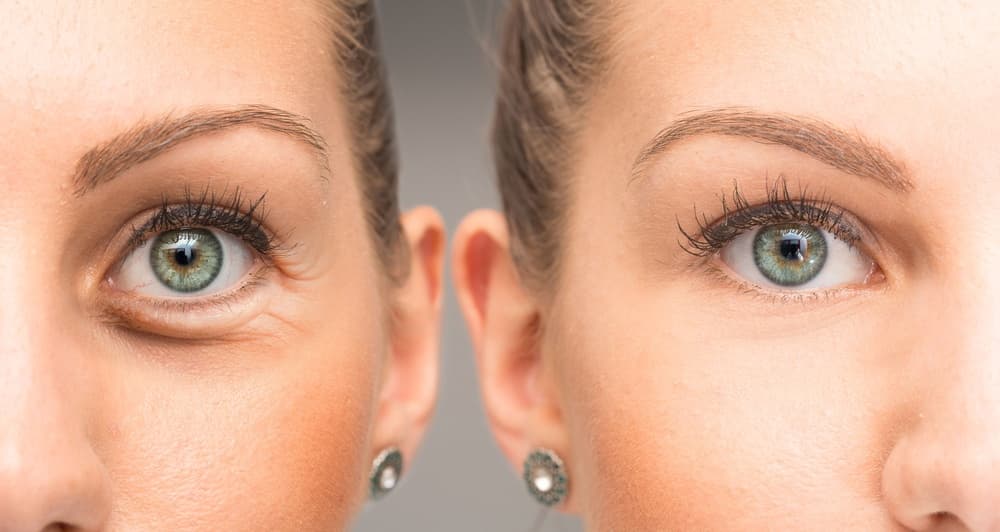Botox® is a cosmetic treatment where the practitioner injects botulinum toxin type A, specifically OnabotulinumtoxinA, to reduce wrinkles and fine lines on your face. It's FDA-approved to use for "11" lines between the eyes, horizontal forehead lines and crow's feet around the eyes.
The FDA also approved Botox use in the late 1980s when they found it could stop ailments like strabismus (lazy eye), axillary hyperhidrosis (increased armpit sweating) and blepharospasm (uncontrolled blinking). Cosmetic doctors have been using it for years to successfully treat facial creases and wrinkles.
Your Botox cost will depend on how many units of Botox you’ll require. The Botox cost in Houston will also depend on what you’re having done.
How Much Does Botox Cost?
The placement and amount of Botox is something you should talk to your doctor about during your consultation. Typically, you pay by either the unit or the treatment area. The average cost of Botox is roughly around $250 to $500 per area of treatment, and varies depending on the treatment results desired.
The costs may vary and are determined per unit. Botox cost per unit in Houston with PattMD.com is $14 to $18 per unit.
If you are having Botox on your forehead area, you'd likely need around 20 to 30 units. The Botox injection cost is less expensive for smaller areas, such as around the corners of your eyes, because they don't require as many units. Another cost of Botox factor is your geographic location where you're having the procedure done.
-
Practitioners could inject up to 20 units for horizontal forehead lines
-
Up to 20 units for glabellar lines ("11" lines between your eye)
-
This means you could receive up to 40 units in your forehead
Since Botox is a voluntary treatment, health insurance typically won't cover the cost of injections for cosmetic reasons.
Cosmetic Uses for Botox
Botox injections block specific chemical nerve signals, mainly signals that cause muscle contraction. It's most commonly used to relax the facial muscles temporarily that cause wrinkles around the eyes and in the forehead. The cosmetic uses for Botox include the below:
-
Prevention of aging: Starting at a younger age, you can use Botox to help prevent future formation of wrinkles. Since wrinkles are due to repeated skin movement, when you receive early neuromodulator injections, you can prevent wrinkles from appearing in the first place.
-
Brow ptosis: Highly arched eyebrows is a classic sign of youthful beauty, health and alertness. Your eyes start to look tired and old as your eyebrow and forehead start descending and the loose fold of skin covers your upper eyelids. Botox can help prevent brow ptosis-linked changes or reverse them.
-
Wrinkles: Botox effectively reduces facial wrinkles. This is because it blocks certain chemical nerve signals, usually those that lead to muscle contraction. Botox temporarily relaxes those facial muscles that cause wrinkles.
-
Crow's feet: These are wrinkles you get in the corners of your eyes. They look more pronounced and deeper on your skin than wrinkles. Botox is a common treatment for crow's feet. The injections help relax the muscles surrounding the corner of your eyes to smooth the skin out.
-
Hyperhidrosis: Botox is a newer option for treating hyperhidrosis (profuse sweating). It also helps decrease sweating in other places such as your hands, face and feet.
-
Botox brow lift: This Botox cosmetic procedure helps to treat the frown lines you have between your brows. It also elevates the height of your eyebrows.

Medical Uses for Botox
Botox is used for treating conditions affecting how your body functions, including:
-
Lazy eye: This is an imbalance in the muscles that position your eye.
-
Cervical dystonia: With this painful condition, you have involuntary muscle contraction in your neck that causes your head to turn and twist into an uncomfortable position.
-
Hyperhidrosis: Excessive sweating occurs in this condition even when temperatures aren't hot and you're not over-exerting yourself.
-
Muscle contractures: Certain neurological conditions like cerebral palsy, can make your limbs pull towards your center. These contracted muscles, in some cases, can become relaxed with Botox.
-
Bladder dysfunction: Botox can help with overactive bladder-related urinary incontinence also.
-
Chronic migraine: Botox injections could maybe help decrease headache frequency if you're experiencing migraines for over 15 days a month.
-
Eye twitching: Botox might help relieve twitching or contracture of eye muscles.
How Botox Works
Botox blocks signals to the muscles from the nerves. The muscle that's injected can't contract, making the wrinkles soften and relax. The doctor injects Botox into specific muscles with a fine needle which produces minimal discomfort. It typically takes three to seven days to experience the full effect. You should avoid alcohol intake a minimum of one week before your procedure. Also, you should stop taking anti-inflammatory medicines and aspirin a couple of weeks before your procedure to reduce bruising.
Good Botox candidates include both women and men of all ages who are looking for a more refreshed and relaxed look. It's also good for younger people looking to preserve their young appearance. The Botox injections are an in-office procedure and typically take no longer than 30 minutes.
You should not use Botox if you:
-
Are under 18 years old
-
Are pregnant or breastfeeding
-
Have a neurological disease
Consult your doctor before using Botox since it doesn't work for all types of wrinkles.
Botox effects usually last around three to four months. As your muscle action slowly returns, your wrinkles and lines start reappearing and require treatment again. The wrinkles and lines frequently appear less severe over time since your muscles are actually being trained to relax.
Finding a Practitioner
You might be tempted to find a practitioner who will provide you with Botox injections at a low cost, but extremely low prices aren't a great sign as they may be diluting the treatment.
When searching for the right Botox practitioner, you'll want to ensure you're choosing a board-certified physician. Your safest bet is a plastic surgeon who is trained and certified for administering Botox, but make sure you research their qualifications thoroughly before choosing one. The best plastic surgeons are board-certified by the American Society of Plastic Surgeons (ASPS).
Contact Dr. Bradford S. Patt for Your Botox Consultation in Houston, Texas
Dr. Patt is among the top plastic surgeons in Houston and is admired and respected immensely by peer doctors and appreciated by patients. His focus and area of expertise is facial cosmetic and reconstructive surgery. For more information about Botox, schedule your consultation now.





